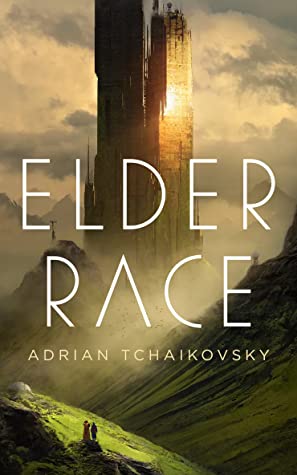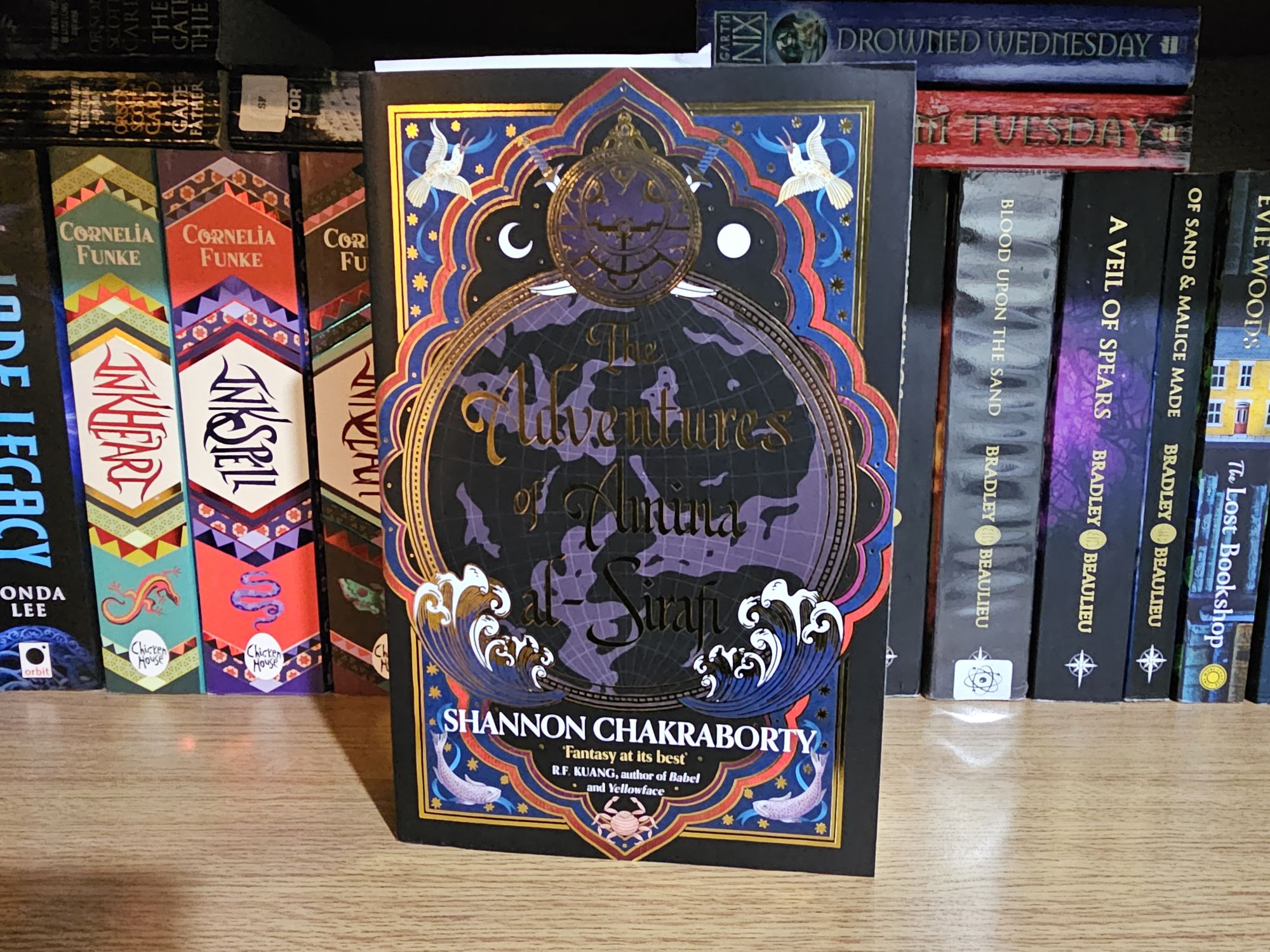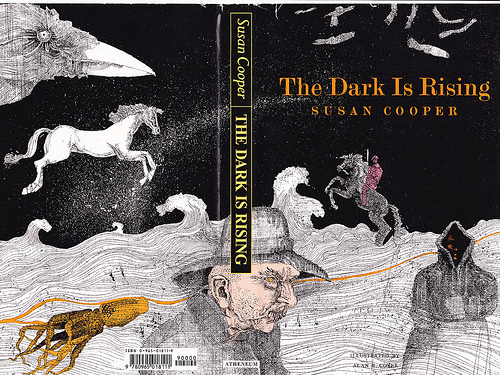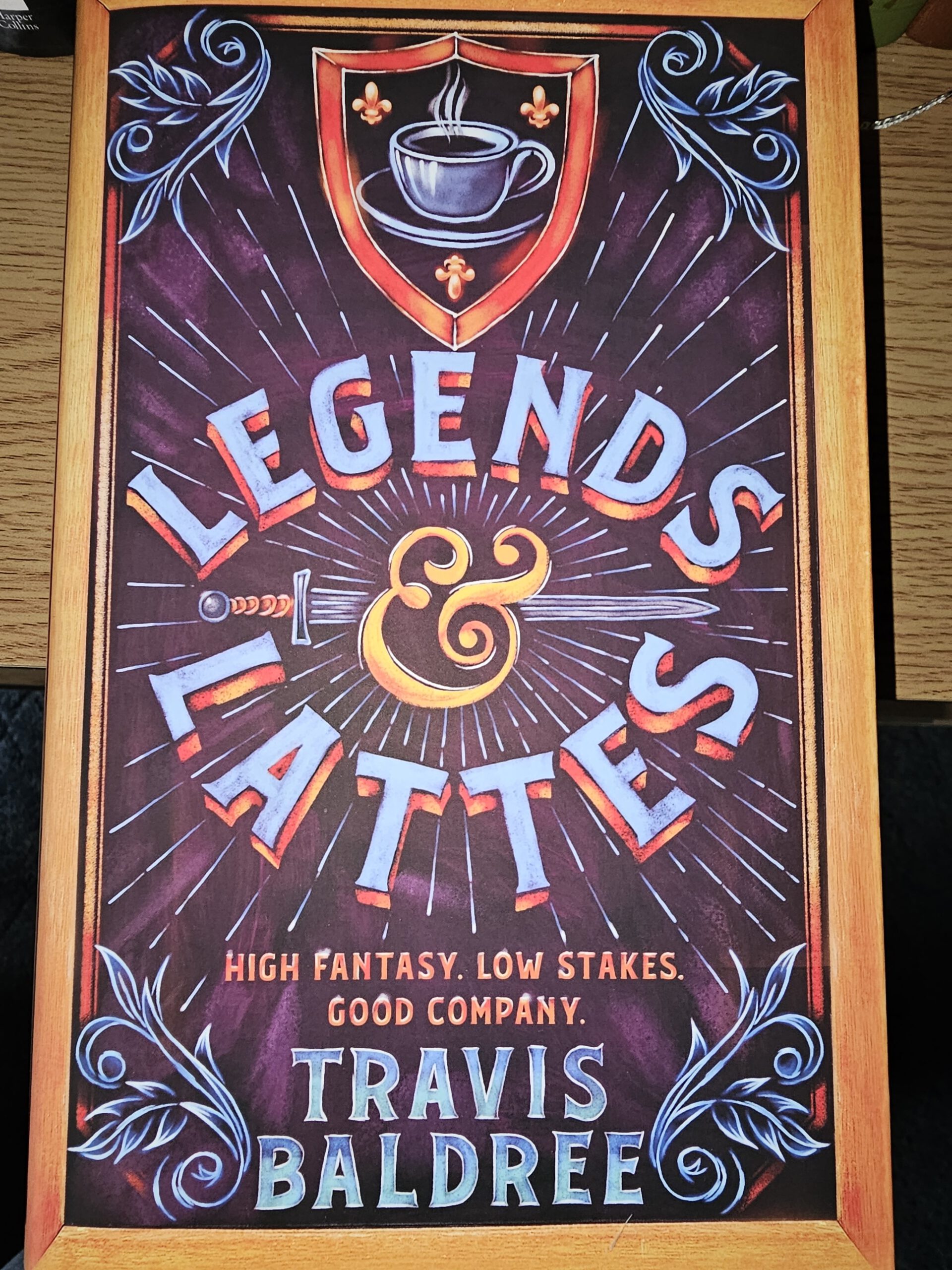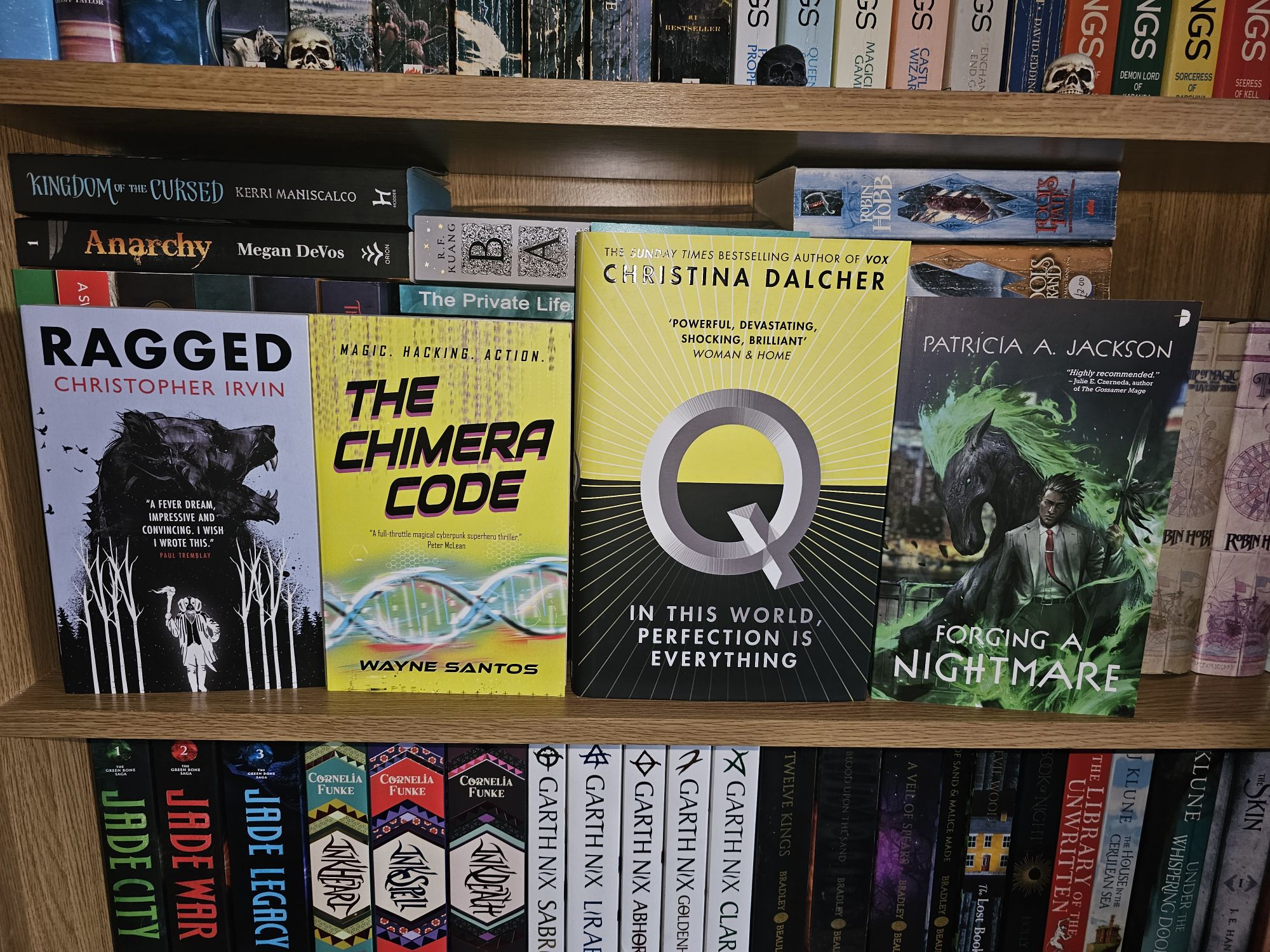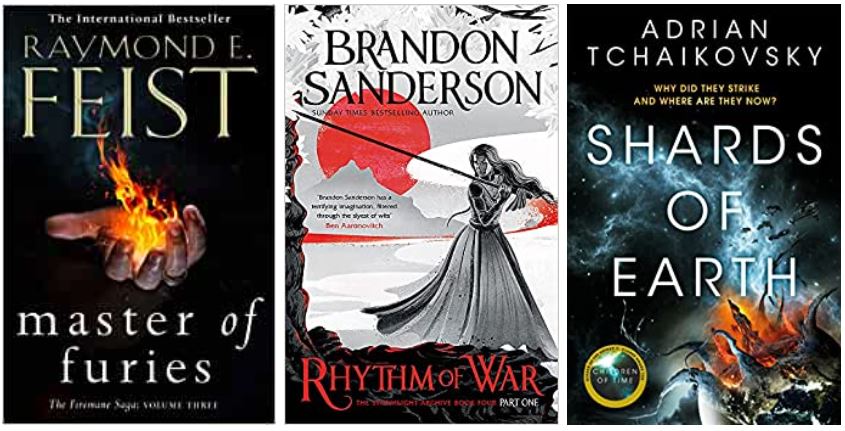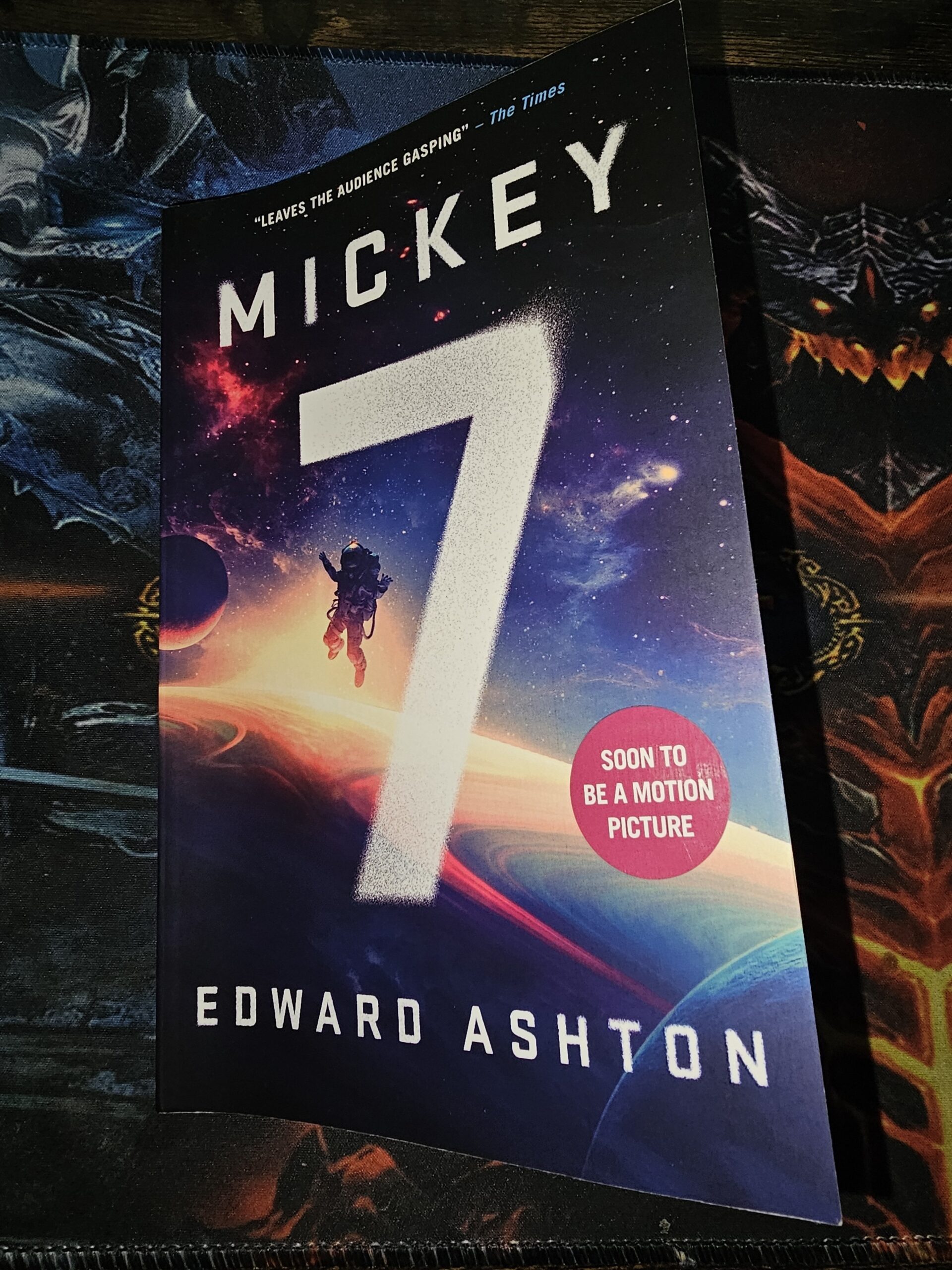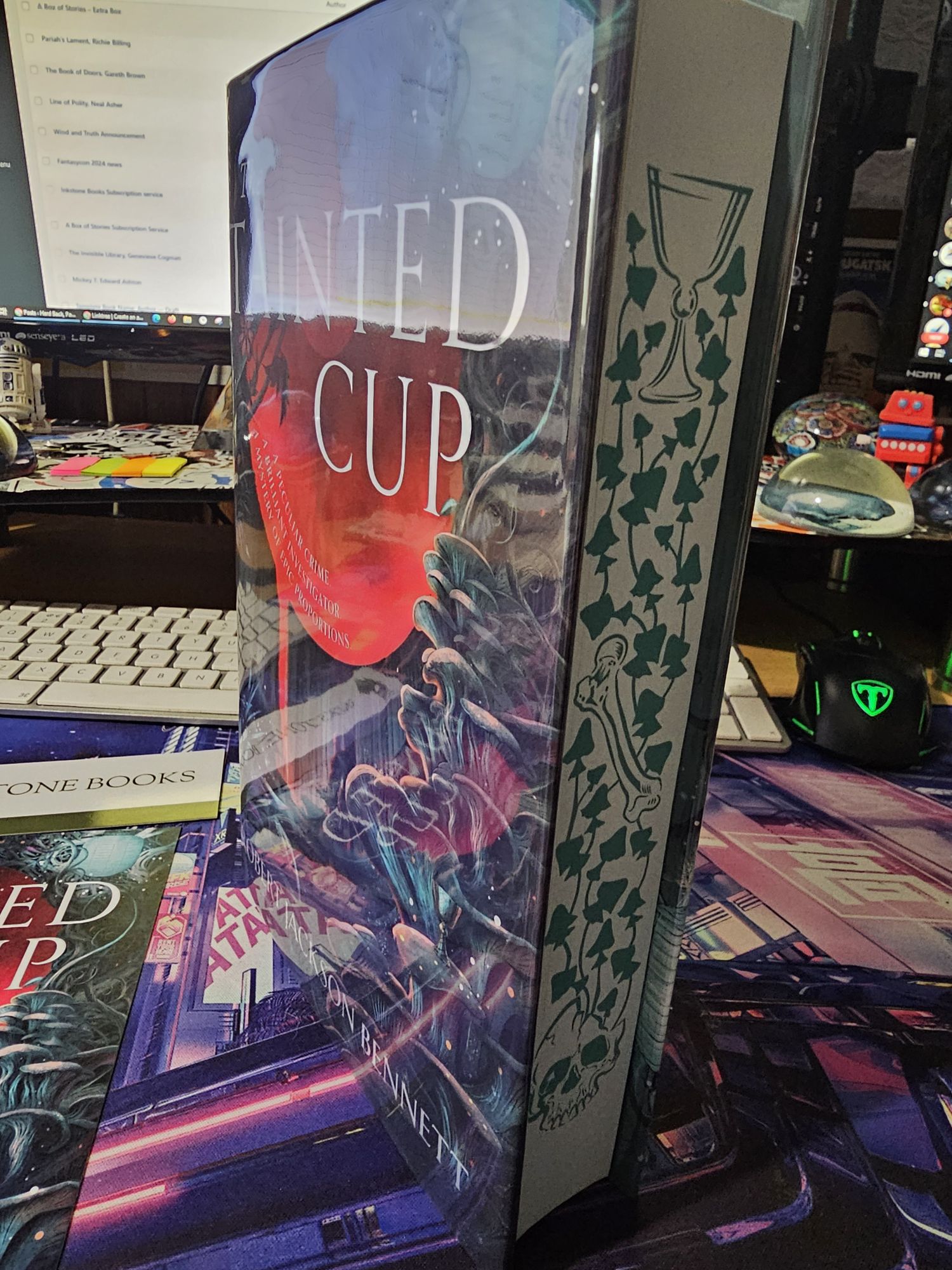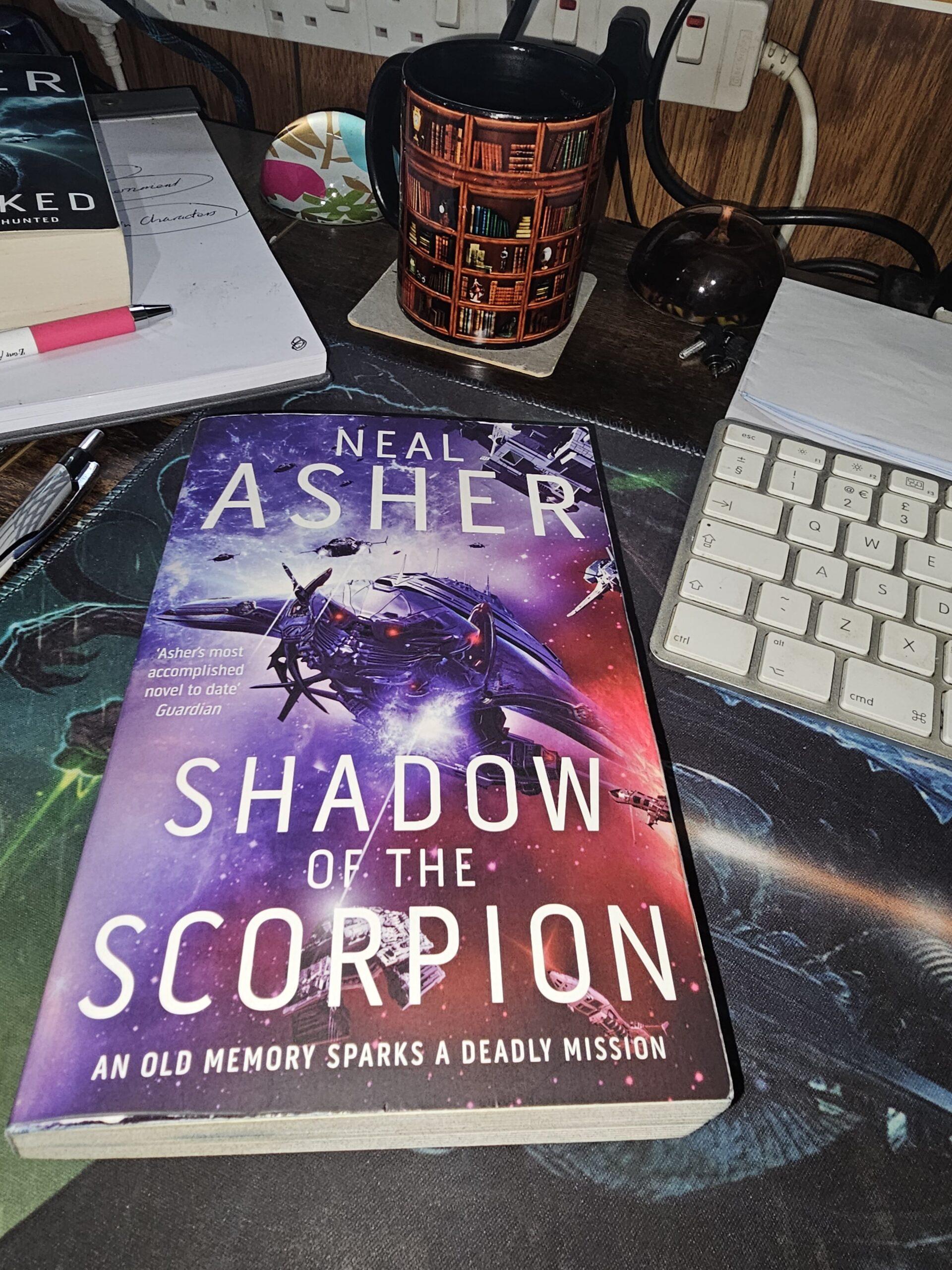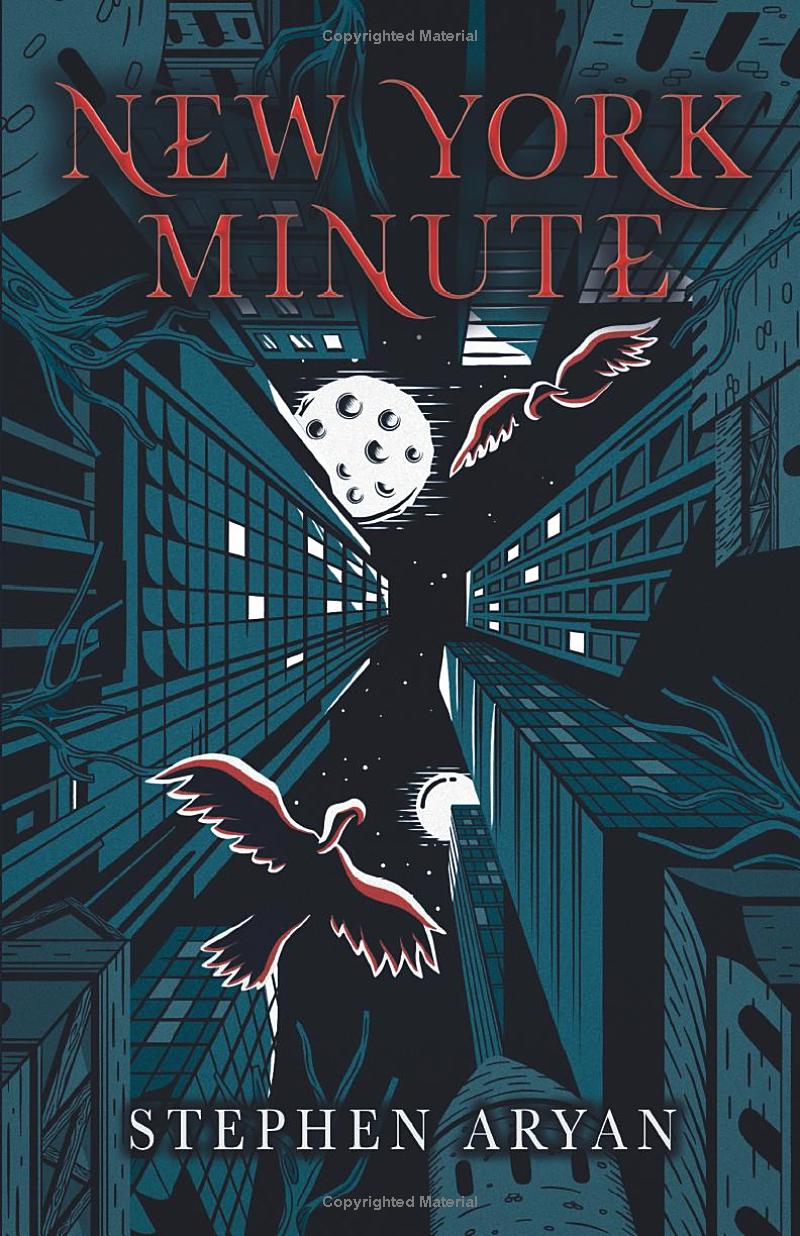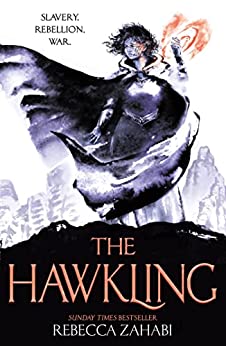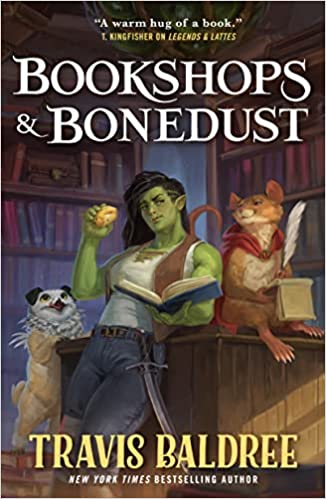Adrian Tchaikovsky is an acclaimed British science fiction and fantasy author. Best known for his Children of Time series and the Shadows of the Apt fantasy series. His stories often incorporate biology, evolution, and amazing world-building. Adrian has a dedicated following in both Science Fiction and Fantasy and on a personal note is a really nice guy to chat with.
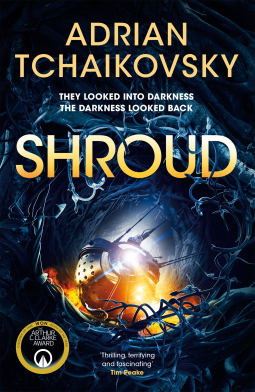
A commercial expedition to a distant star system discovers a pitch-black moon alive with radio activity. Its high-gravity, high-pressure, zero-oxygen environment is deadly to human life, but ripe for exploitation. They named it Shroud.
Under no circumstances can a human survive Shroud’s inhospitable surface – but a catastrophic accident forces Juna Ceelander and Mai Ste Etienne to make an emergency landing in a barely adequate escape vehicle. Alone, and fighting for survival, the two women embark on a gruelling journey across land, sea and air in search of salvation.
But as they travel, Juna and Mai begin to understand Shroud’s unnerving alien species. It also begins to understand them. If they escape Shroud, they’ll somehow have to explain the impossible and translate the incredible. That is, if they make it back at all . . .
Adrian Tchaikovsky’s books are always rich in world-building, and Shards of Earth is no exception. One of the things I both loved and found frustrating in Children of Time was the level of detail he put into constructing the planet and its ecosystem. Shroud follows the same pattern, immersing the reader in the strange, alien life of its mysterious world. Like Children of Time, the book starts slowly, introducing the crew, their dynamics, and their first encounters with Shroud. Humanity is expanding across the galaxy, but it’s the corporations leading the charge. Employees are judged by their “wage-worth,” and those deemed unnecessary to the mission are put back into stasis. I can’t say I was a fan of this setup.
The story picks up once the action shifts to Shroud itself. Tchaikovsky excels at making complex science accessible, and I particularly enjoyed the alien perspectives—it’s always fascinating to see the world through a truly non-human lens. There’s plenty of horror and action to keep the tension high while unraveling the mysteries of Shroud. However, some of the human POVs didn’t fully resonate with me. Juna stood out, and I enjoyed following her journey, but others were harder to connect with.
The alien life in Shroud is completely unlike humanity, and seeing how these two worlds collide was one of the book’s greatest strengths. We’re so used to encountering life that mirrors our own in some way, but here, Tchaikovsky leans into the truly bizarre. As always, his world-building is phenomenal, and if you enjoy hard sci-fi, this book is well worth your time.
I liked Shroud, though, much like Children of Time, it takes a while to find its stride. If I hadn’t expected this from Tchaikovsky, I might have been tempted to put it down early on—but it’s absolutely worth persevering. I would have liked a little more resolution at the end, but I can’t say much without spoilers. Just read the book!
You can purchase Shroud from your local Bookshop supporting indie bookshops is important and something I am very in favor of. I like nothing more than to browse physical books. Or if you want you can shop at your local Waterstones, or online at Amazon
